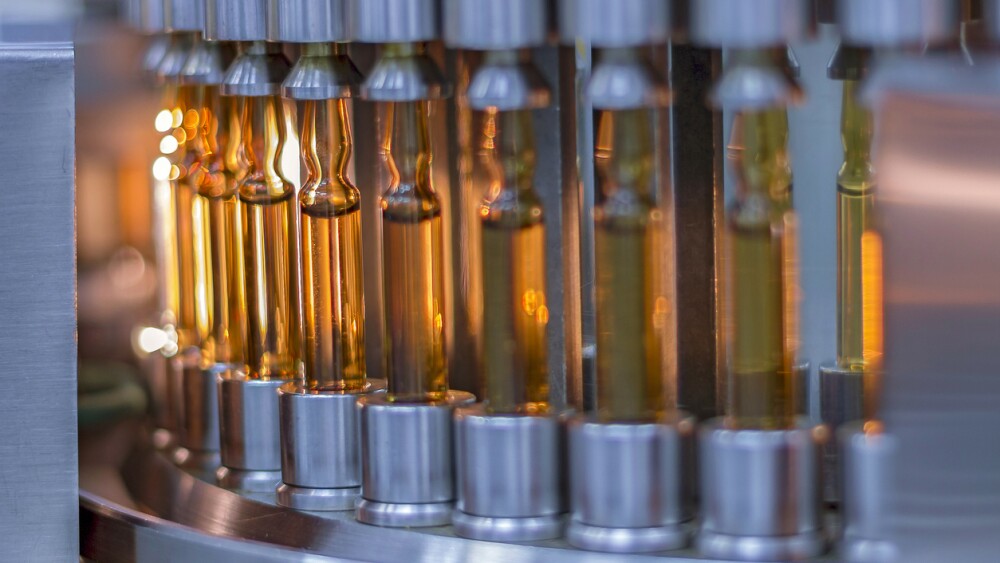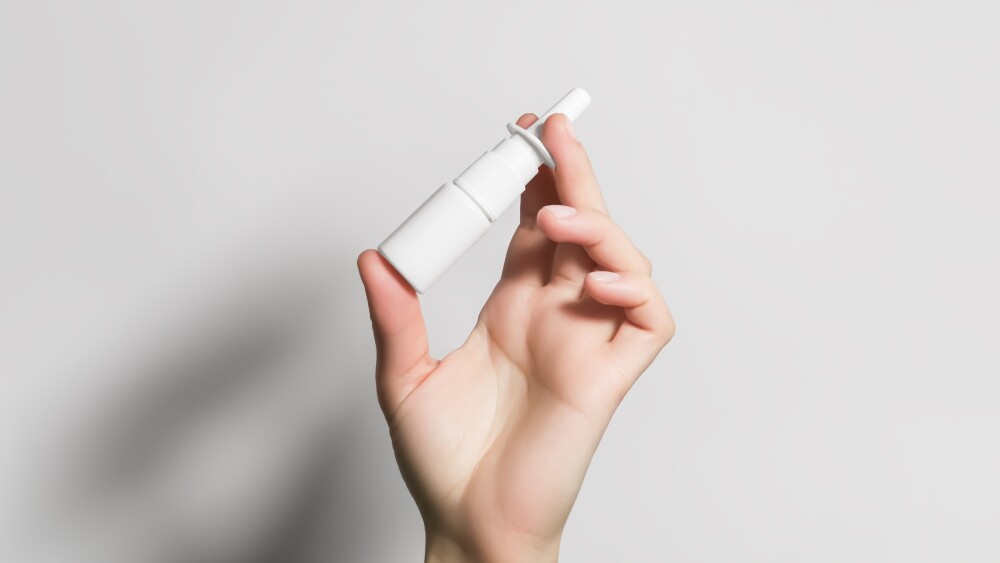April 13, 2017
By Mark Terry, BioSpace.com Breaking News Staff
Although there has probably always been enough technological change to create new and unexpected jobs, the market seems to have accelerated in the last 30 years or so. SiliconRepublic notes that when the Berlin Wall came down in 1989, there “was no such thing as a web developer.” A decade ago, “data scientist” was probably statistician or “data mining,” and the idea of a “social media manager” was essentially nonexistent ten years ago. And try to imagine describing what an “app developer” or “app writer” is a decade ago.
In the biotech industry, SiliconRepublic identifies two biotech jobs it thinks will become jobs of the future that don’t exist in any meaningful way today. Io9 had even more.
Here we go into the futuristic biotech job market.
1. Freelance Biohacker.
Biohacking is dubbed “do-it-yourself biology. The Future Laboratory and Microsoft “Future Proof Yourself: Tomorrow’s Jobs report”LINK http://enterprise.blob.core.windows.net/whitepapers/futureproof_tomorrows_jobs.pdf refers to biohackers as people who are involved in open-source biology. It cites Genspace Biohacking Lab, a non-profit community laboratory that provides laboratory space, equipment and software “to allow freelance bioscientists to explore projects that corporate research has rejected as unprofitable or too speculative.”
The report notes that technology such as the gene-editing tool CRISPR/Cas-9 has essentially democratized the gene-editing space so people could, in theory, order gene samples online and do their own gene editing. “An open-source gene-editing tool called CRISPR is allowing thousands of scientists around the world to collaborate on searching for treatments for depression, schizophrenia, autism and Alzheimer’s.”
The report goes on to state, “By 2025, citizen science will have evolved from home hobby status into a global sector that provides freelance careers for millions of graduates with solid bioscience backgrounds and an inquisitive and entrepreneurial attitude to work.”
It’s worth noting that there is another type of “biohacker” called a “grinder. This feels rather like science fiction, but a grinder is someone who takes body modification—what traditionally refers to tattoos and piercings—several steps further, implanting cybernetic devices under the skin, etc. Biohack.me states, “Grinders are passionate individuals who believe the tools and knowledge of science belong to everyone. Grinders practice functional extreme body modification in an effort to improve the human condition.”
It’s not much of a step to go from private people with skills doing freelance biology and gene splicing in petri dishes to them doing freelance gene therapy. The future is not far away.
2. Human Body Designer.
The Future Proof Yourself report says, “Human Body Designers will combine design skills with bio-engineering know-how to create a huge range of customized human limbs, either to perfectly match the existing skin tone, musculature and color of the rest of a person’s body, to provide exotic new looks or enhanced functionality for particular jobs or sports. Pop-up body shops will become part of every virtual and bricks-and-mortar high street.”
In other words, someone somewhere will not only be growing human organs in a vat—heart, lungs, kidneys, etc.—but limbs and skin and tissues. And there will be someone designing them to match the skin, size and appearance—and presumably functionality—of the individual customer.
Sound unlikely? The New York Times reported on January 26, 2017 that biologists Jun Wu and Juan Carlos Izpisua Belmonte at the Salk Institute, had successfully grown human stem cells in pig embryos. This opens up the real possibility of growing organs for human transplant. The Times wrote, “The approach involves generating stem cells from a patient’s skin, growing the desired new organ in a large animal like a pig, and then harvesting it for transplant into the patient’s body. Since the organ would be made of a patient’s own cells, there would be little risk of immune rejection.”
Another group led by Tomoyuki Yamaguchi and Hideyuki Sato of the University of Tokyo, and Hiromitsu Nakauchi of Stanford, grew mouse pancreas gland cells in a rat, then transplanted them into diabetic mice, curing them of diabetes.
George Dvorsky, writing for io9, and working with some futurists at Idea Couture, came up with some biotech jobs that might be in the future as well.
3. Personal Microbiome Steward.
Several companies have recently come into existence that investigate the effects of the human microbiome — the trillions of bacteria that live inside the human intestine. New research suggests they play a role in numerous diseases, including cancer, infections, metabolic, and neurological disorders. One company is Microbiotica, which was spun out of the Wellcome Trust Sanger Institute with funding from IP Group plc and Cambridge Innovation Capital plc.
So, what’s a personal microbiome steward? Dvorsky writes, “It’s easy to imagine a future where professional microbiome stewards assist us in becoming conscientious ‘shepherds’ of our own microbiota, through feeding, culling, and rebalancing.”
4. Trait Selection Advisor.
This is not a big step from #2, Human Body Designer. If people are going to begin genetically engineering fetuses, then, writes Dvorsky, “A personal trait selection advisor could help parents understand the legal limits of germline editing while working with them to define what genetic edits might be best for their future offspring.”
5. Organ Farmer.
And if human organs are going to be created, an Organ Farmer can’t be too far behind. Dvorsky cites San Diego-basedOrganovo , which is developing a 3D bio-printer. “Its lab can generate mini-liver assays that are virtually identical, architecturally and biologically, to human livers.”
6. Synthetic Protein Designer.
This comes down to food. Noting that meat consumption per capita doubled from 1961 to 2007 and is projected to double again by 2050, Dvorsky cites startups Modern Meadow and Beyond Meat that are working on engineered alternatives to farm-raised meat.
7. De-extinction Zoologist.
Jurassic Park, here we come. But if dinosaurs aren’t right around the corner, there are plenty of endangered or recently extinct animals (and plants, etc.) that could be brought back to life with current cloning technology. Dvorsky writes, “A de-extinction zoologist could help manage a species’ reintegration to the wild, and assess any unintended ecological impacts of the species’ introduction to the habitat.”
8. Pharma Artisan.
Within today’s current biopharmaceutical market, there are any number of examples of the demand for drugs not being worth the effort and money for a company to develop and market. Yet the technology—personalized medicine, inexpensive gene sequencing, and rapid drug prototyping, as well as very small bioreactors—could make drug development similar to the craft-beer industry. Dvorsky writes, “Today, cooking drugs in a private lab conjures images of outlaws and misfits working in dark and grey markets. Tomorrow, independent drug producers could occupy a more legitimate (and more therapeutic) place in the healthcare ecosystem.”
In reality, the next hot biotech job you’ve never heard may not have been invented yet. If you’ve seen the movie “Hidden Figures,” then you know that the people—mostly women—who performed the calculations for the first spaceflights, were called “computers.” In time, that changed as machines (computers) were developed to replace the people. There’s a very good chance that in 10 or 15 or 25 years, the hot new job will be something no one has yet imagined.
Check out the latest Career Insider eNewsletter - April 13, 2017.
Sign up for the free bi-weekly Career Insider eNewsletter.





